Search for the Cooper
Author: Jon Hurdle, Freelance Journalist & Regular Contributor to the New York Times
If you thought New Jersey’s Cooper River was little more than an urban drain choked with discarded shopping carts and rusting bicycles, try asking the four Camden teenagers who spent six days paddling, wading, hiking and bushwhacking 16 miles from its mouth to source in the summer of 2022.
On an expedition called Search for the Cooper River, they surprised themselves by discovering herons, catfish, dragonflies, beavers and even a rare orchid, all coexisting amid the more familiar urban features of roads, tunnels, dams and water treatment plants.
By day, the kids were the focus of an expedition of naturalists, photographers, and explorers who paddled kayaks whenever the shallow river allowed; waded upstream when there were too many obstacles in the water, or simply got out and dragged their vessels along overgrown riverbanks.
By night, the exhausted expeditioners rested and refueled at a group campsite in Cherry Hill where red-winged blackbirds and Carolina wrens woke them early from an adjacent marsh.
The aim was to show the residents of Camden County and the wider world that nature survives and thrives in a place where many people shun the river or forget about it altogether. The existence of many natural assets was shown every night by Anand Varma, a National Geographic photographer who accompanied the expedition, capturing familiar creatures like frogs and fish and then photographing them in ways that showed off their unexpected beauty.
By recruiting a handful of plucky teenagers to journey to the source of the Cooper River, the organizing nonprofit, Upstream Alliance, hoped to show the world that the river is a natural gem and a recreational asset in a place that few would have suspected.
To celebrate their achievement at journey’s end, the young explorers drank hand-pumped and filtered water from a spring that truly was the source of the Cooper River.
for 17-year-old Jermaine Brown, it was a fitting end to a life-changing experience. “I look at the river completely differently now,” he said. “I just thought it was a normal waterway. Now that I see how it is affected by things that happened in the past, like sewage treatment plants and runoff, I think we should treat it with more respect.”

